It all started with a polite request by the Football Association to put the poppy on the shirt for this Saturday’s friendly international. And it was followed by Fifa’s polite refusal to allow it.
Prime Minister, David Cameron, dismissed Fifa’s initial ban as ‘outrageous’ and ‘absurd’.
Fifa insisted that England could not wear poppies against Spain at Wembley – in case they one day met Germany around the time of Remembrance Sunday.
Even Prince William felt it necessary to clamber on board the media driven bandwagon and with Fifa in a delicate position, unwilling to surrender a reasonable belief that the shirts should remain plain, some bright spark came up with a compromise…….poppies on black armbands.
The Cenotaph in Whitehall was first opened as a temporary war memorial on Peace Day, 19 July 1919 when celebrations to mark the end of the First World War were held throughout the UK and Ireland. It was designed and built in plaster and wood by Edwin Lutyens at the request of the then Prime Minister Lloyd George.
The Times referred to Peace Day as "the greatest ritual day in our history"; the object of this state event was to represent society as a harmonious whole, united in remembrance, and to paper over the social tensions of the period.
And for the past nine decades the Cenotaph in Whitehall, London has played host to the Remembrance Service, forming such an enduring part of our commemoration of those who lost their lives in past conflicts.
At its unveiling, the base of the monument was spontaneously covered in wreaths to the dead and ‘missing’ from The Great War. Such was the extent of public enthusiasm for the construction, it was decided that The Cenotaph should become a permanent and lasting memorial.
The Cenotaph, made from Portland stone, was unveiled in 1920.
The inscription reads simply "The Glorious Dead".
A Shot from Wales - November 11 2010
Sepp Blatter, born in 1936, is the current President of Fifa (Fédération Internationale de Football Association). He was elected on 8 June 1998, succeeding João Havelange and re-elected as President in 2002, 2007, and 2011. Despite winning four terms as President, Blatter has often been dogged by controversy and allegations of corruption.
Indeed in 2004 Sepp said women should have skimpier kit to increase the popularity of the game. "Let the women play in more feminine clothes like they do in volleyball".
"They could, for example, have tighter shorts. Female players are pretty, if you excuse me for saying so……….’’
And so ‘playing towards the East Bank in the first half’ we had a team led by Blatter, a man born in Visp, Canton Valais , Switzerland where the last, and almost bloodless, conflict was the Sonderbund War. It happened in November of 1847 and ultimately led to the new Swiss constitution of 1848.
Facing up to the world football chiefs, and ‘kicking towards the High Street end’ we had our own favourites led by the Prime Minister and the Duke of Cambridge, desperate for the nation to be consumed by the corporate emotion that is now required of us all on Armistice Day.
Does It Matter
Does it matter? - losing your legs?
For people will always be kind,
And you need not show that you mind
When the others come in after hunting
To gobble their muffins and eggs.
Does it matter? - losing your sight?
There's such splendid work for the blind;
And people will always be kind,
As you sit on the terrace remembering
And turning your face to the light.
Do they matter? - those dreams from the pit?
You can drink and forget and be glad,
And people won't say that you're mad,
For they'll know you've fought for your country
And no one will worry a bit.
Siegfried Sassoon
The German bombers appeared in the skies over Gernika (Guernica : Spanish pronunciation) in the late afternoon of April 26, 1937 and immediately set about transforming the sleepy Spanish market town into an everlasting symbol of the atrocity of war.
And of course the residents of Gernika had no idea that they had been identified by their attackers to become guinea pigs in an experiment designed to determine just what it would take to bomb a city into oblivion.
Spain was embroiled in a sickening civil war that had begun in July 1936 when the right-wing Nationalists led by General Franco sought to overthrow Spain's left-wing Republican government. It did not take long before this bloody internal Spanish quarrel attracted the participation of forces beyond its borders - creating a line up of opponents that foreshadowed the partnerships that would battle each other in World War II.
Fascist Germany and Italy supported Franco while the Soviet Union backed the Republicans. A number of volunteers made their way to Spain, including many miners from the South Wales valleys to fight and die under the Republican banner.
Hitler's support of Franco consisted of the Condor Legion, an adjunct of the Luftwaffe. The Condor Legion provided the Luftwaffe the opportunity to develop and perfect tactics of aerial warfare that would fuel Germany's blitzkrieg across Europe during 1939 and 1940.
As German air chief Hermann Goering testified at his trial after World War II: "The Spanish Civil War gave me an opportunity to put my young air force to the test, and a means for my men to gain experience."
Some of these experimental tactics were tested on that bright spring day with devastating results - the town of Gernika, pop 5000, was entirely destroyed with a loss of life estimated at 1,650.
We were still a good ten miles away when I saw the reflection of Guernica's flames in the sky. As we drew nearer, on both sides of the road, men, women and children were sitting, dazed. I saw a priest in one group. I stopped the car and went up to him. 'What happened, Father?' I asked. His face was blackened, his clothes in tatters. He couldn't talk. He just pointed to the flames, still about four miles away, then whispered: 'Aviones. . . bombas'. . . mucho, mucho.'
Noel Monks - London Daily Express
A few years ago my wife and I visited the Gernika Peace Museum - formerly known as the Gernika Museum. The museum is housed in just one of the many hundred reconstructed buildings in what is a pretty featureless town in the north of Spain.
But then nothing could prepare me for the twenty minutes that we experienced in ‘the family home’ so tragically devastated on April 26 1937….
The door to what appeared to be no more than a waiting room closed silently behind us. The bright fluorescent lights dimmed and the room was filled with an eerie silence. I could hear children playing in the street outside, then the sound of a football banging against the back door.....mum calling the youngsters in for lunch.....screams of laughter interrupted by the distant sound of aircraft......
When the lighting was restored I found my wife in a heap on the floor, crushed by falling masonry. Her emotions shattered by the virtual devastation that had been played out around her head and body.
How apposite it would have been on Saturday if England and Spain had been left alone to remember……

The bombing prompted Picasso to begin painting his greatest masterpiece... Guernica. The painting became a timely and prophetic vision of the Second World War and is now recognised as an international icon for peace…….






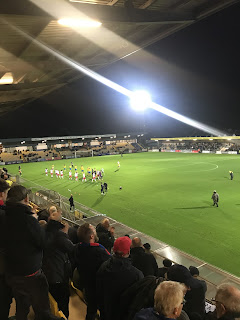



















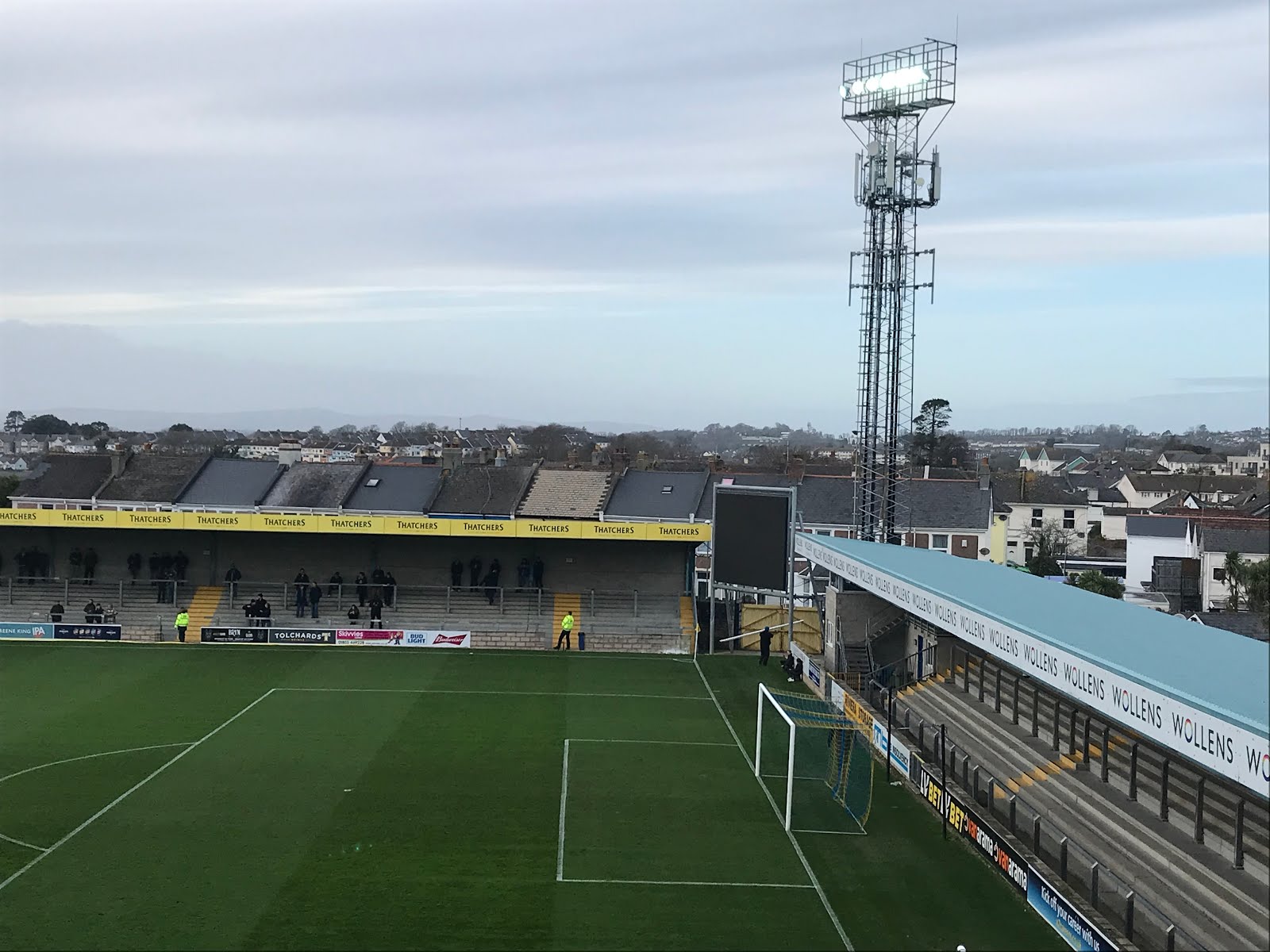











































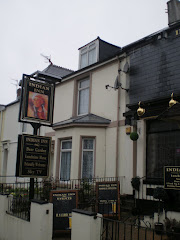


























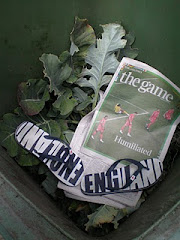







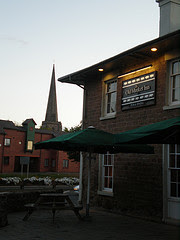










































































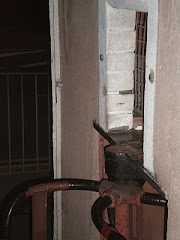
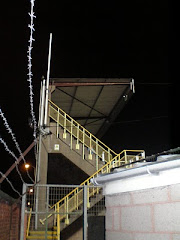

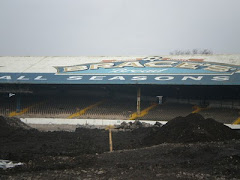
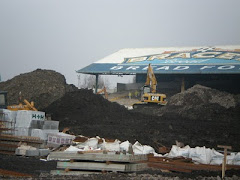
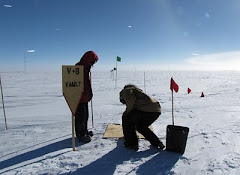


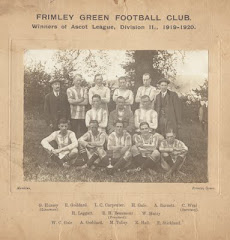
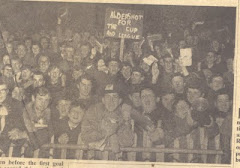
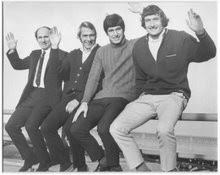

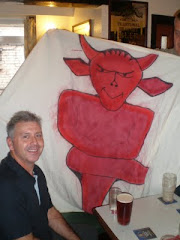
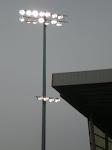
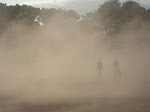

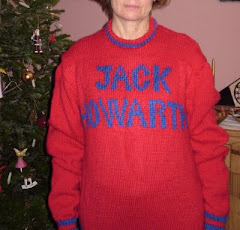
















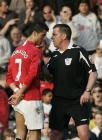







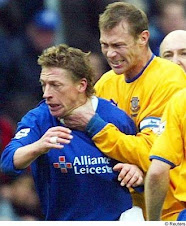
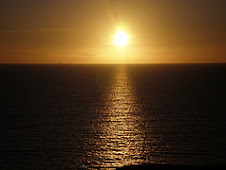


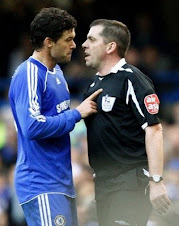





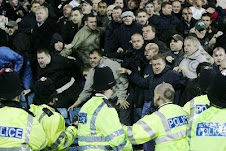
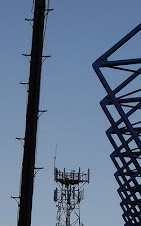


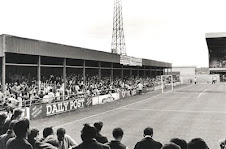












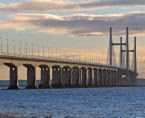



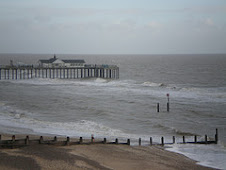









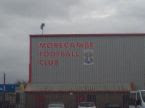










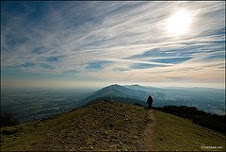








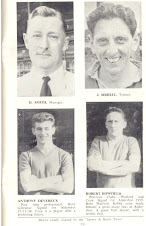
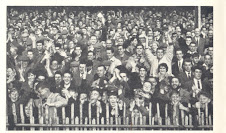

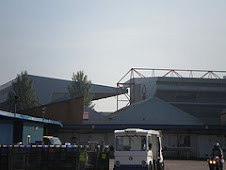
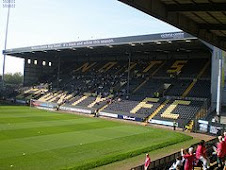





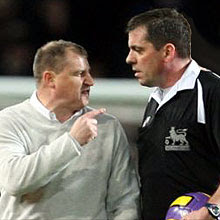








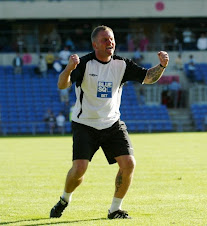






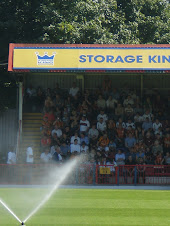

















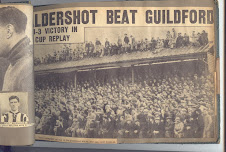





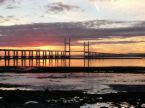


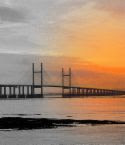
















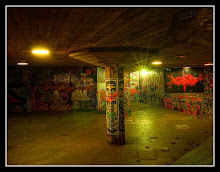









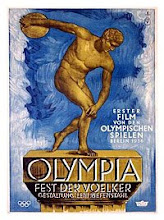

















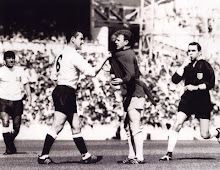






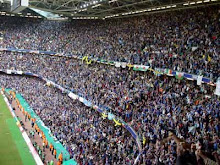

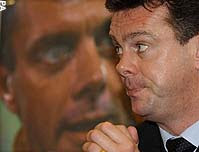






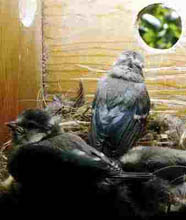




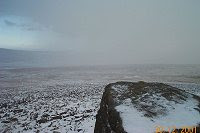


















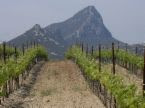


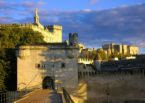













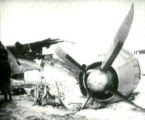








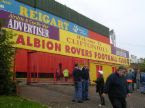

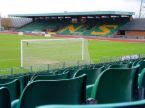

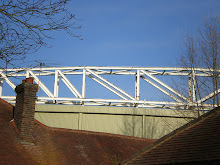
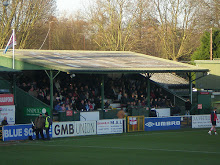
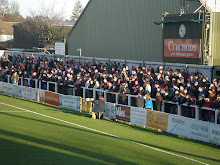
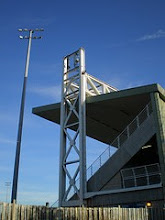





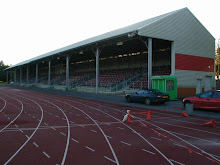







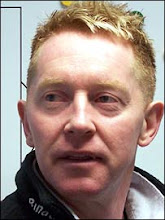





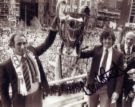
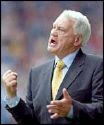










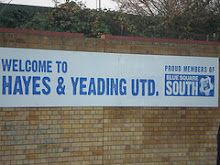
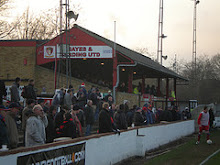
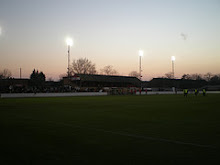



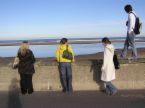
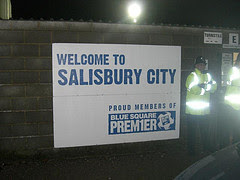
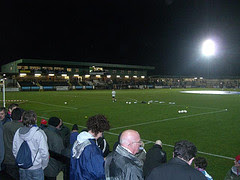
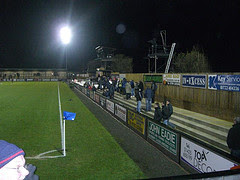


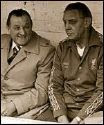

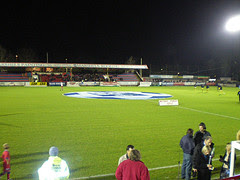
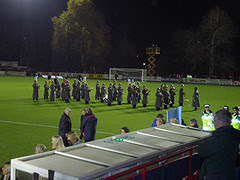



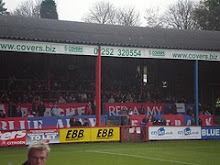












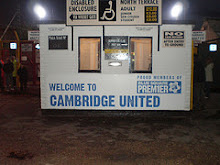
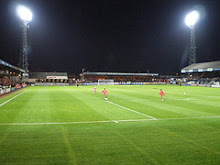
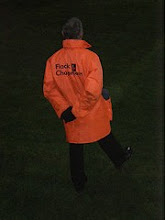





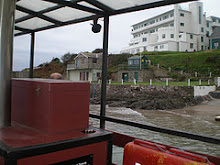
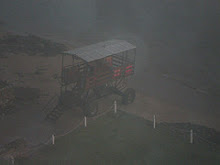
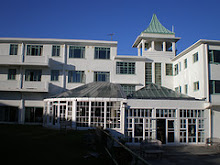


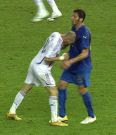













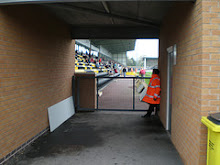
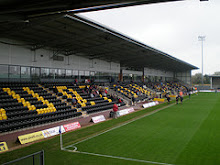

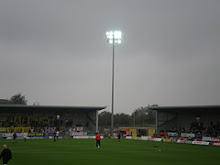






























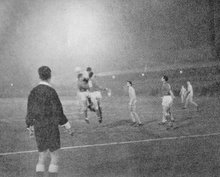



No comments:
Post a Comment